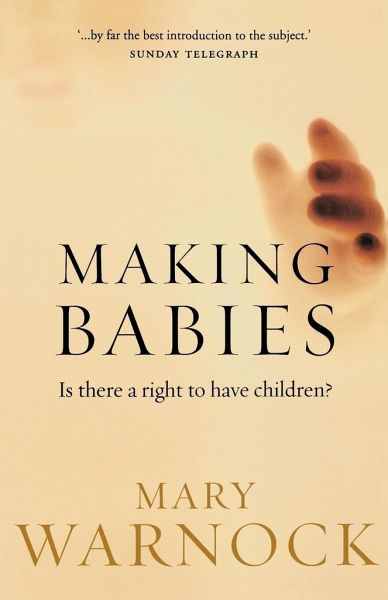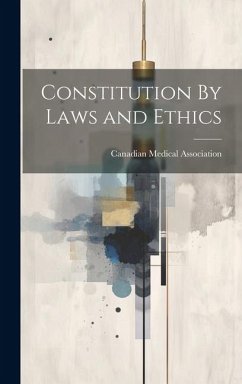
Making Babies
Is There a Right to Have Children?
Versandkostenfrei!
Versandfertig in 1-2 Wochen
25,99 €
inkl. MwSt.

PAYBACK Punkte
13 °P sammeln!
Mary Warnock steers a clear path through the web of complex issues underlying the use of new reproductive technologies. She begins by analysing what it means to claim something as a 'right', and goes on to discuss the cases of different groups of people. She also examines the ethical problems faced by particular types of assisted reproduction, including artificial insemination, in-vitro fertilization, and surrogacy, and argues that in the future human cloning maywell be a viable and acceptable form of treatment for some types of infertility.












